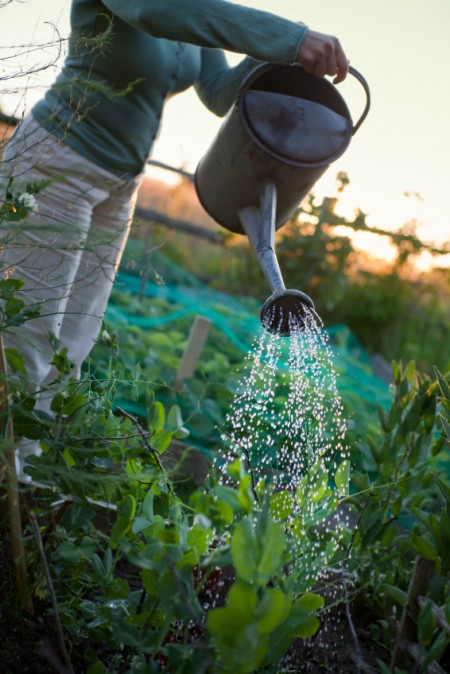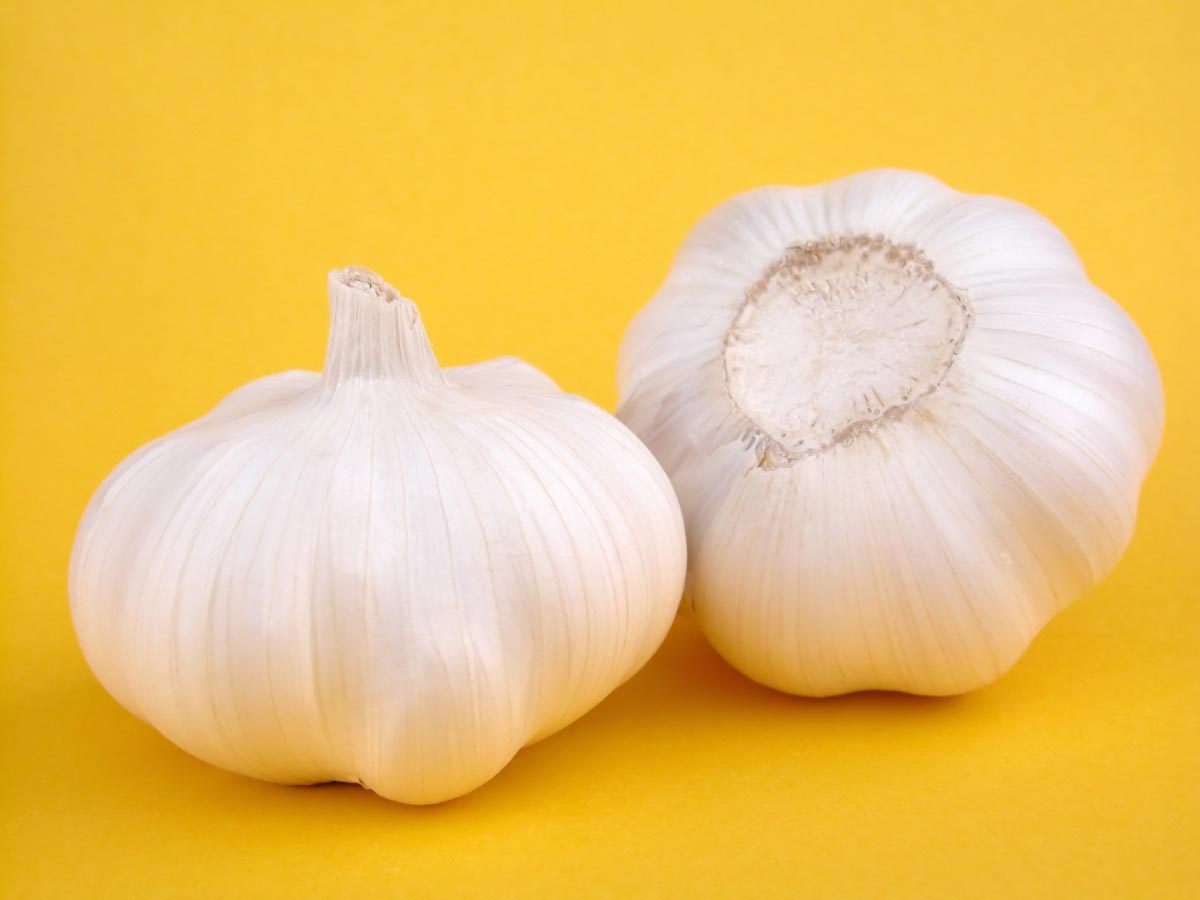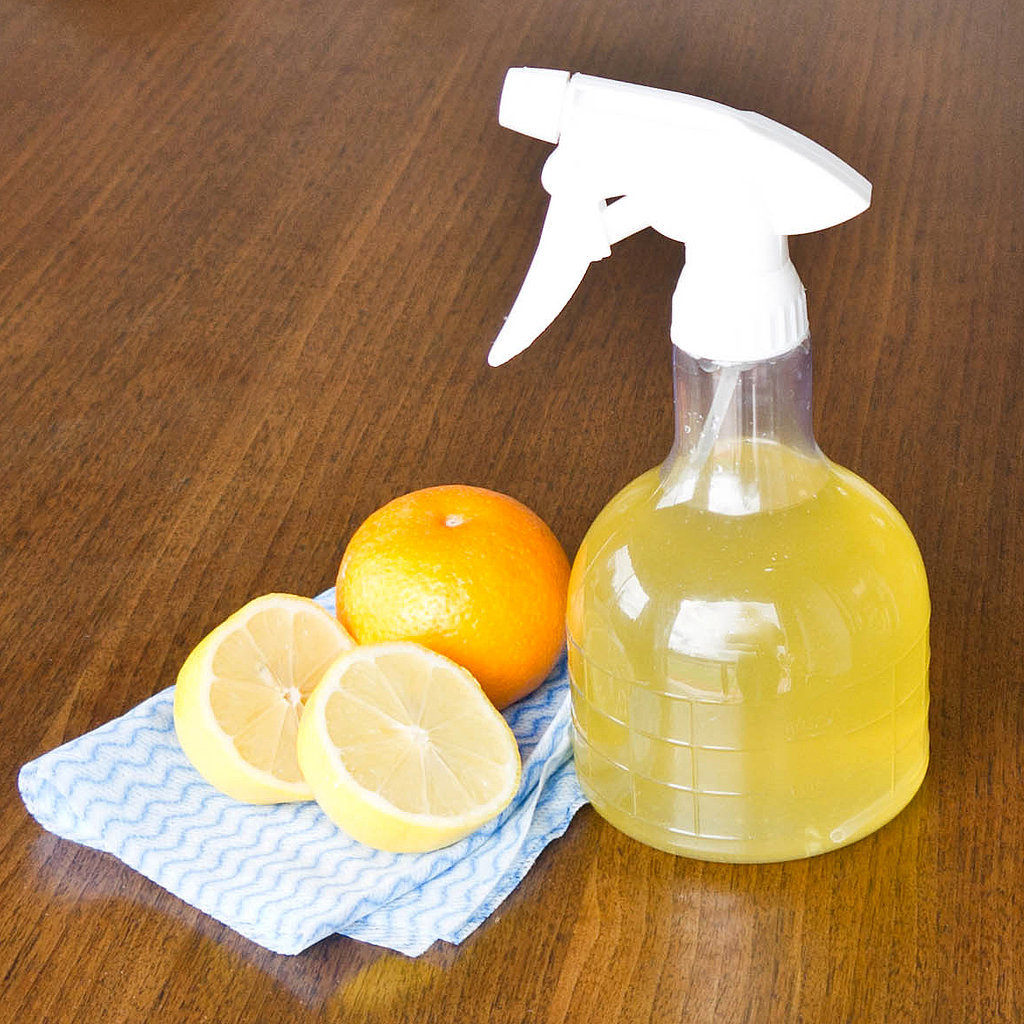These non-toxic garden remedies will have your plants healthy and producing like champs
04/20/2016 / By usafeaturesmedia

(Homesteading.news) One of the primary goals of having our own vegetable and fruit gardens is to grow lots of food that can help feed our families all year long.
But another major reason for the family garden is that it is a major source of organic, non-GMO and non-toxic food, right?
Well, for many people that’s true, but far too many others utilize some of the same dangerous pesticides and herbicides that the large factory farms use. The good news is, you don’t have to use these poisons, and by going all-natural you can still boost your crop production.
Here are some of the most popular and effective natural garden remedies:
— Garlic spray: This homemade remedy is a concoction that professional growers swear by. Crush up a clove and add some to your watering apparatus just once a week, to serve as a preventative measure against fungus. You can even plant extra garlic cloves among your plants for additional anti-fungal protection.

— Epsom salts and ammonia: If you’re for a natural herbicide, this is your answer. Mix a solution of Epsom salts and ammonia together and spray on the offending weeks. They’ll be gone within days. In a gallon sprayer, mix 16 tablespoons of Epsom salts with 8 ounces of household ammonia.
— Lemon spray: If you have an aphid problem in your garden, mix a cocktail of lemon juice and water in a trigger spray bottle. Shake well and spray on your plants; aphids will disappear and your harvest will be increased exponentially! Mix 4 tsp. Real Lemon Juice and two cups water in a trigger spray bottle and there’s your formula.

— Bug soap: No, this isn’t to get clean bugs, it’s to get rid of them. Just add 3-4 squirts of your favorite organic dish soap and mix with water in a garden-hose hand sprayer. Use this solution to spray on the leaves of any plants that are dealing with a bug infestation. Bugs hate soap but it won’t hurt your plants; when you water them later or it rains, the runoff serves as a further bug deterrent.
— Save those coffee grounds: Used coffee grounds can be spread over your soil for additional oxidation and nutrient boost. Also, they help provide a medium for microorganism growth, which is important in composting.

Go forth and be [organically] productive!
Homesteading.news is part of the USA Features Media network. Follow us on Google+.
Tagged Under: garden, non-GMO, organic herbicides




















